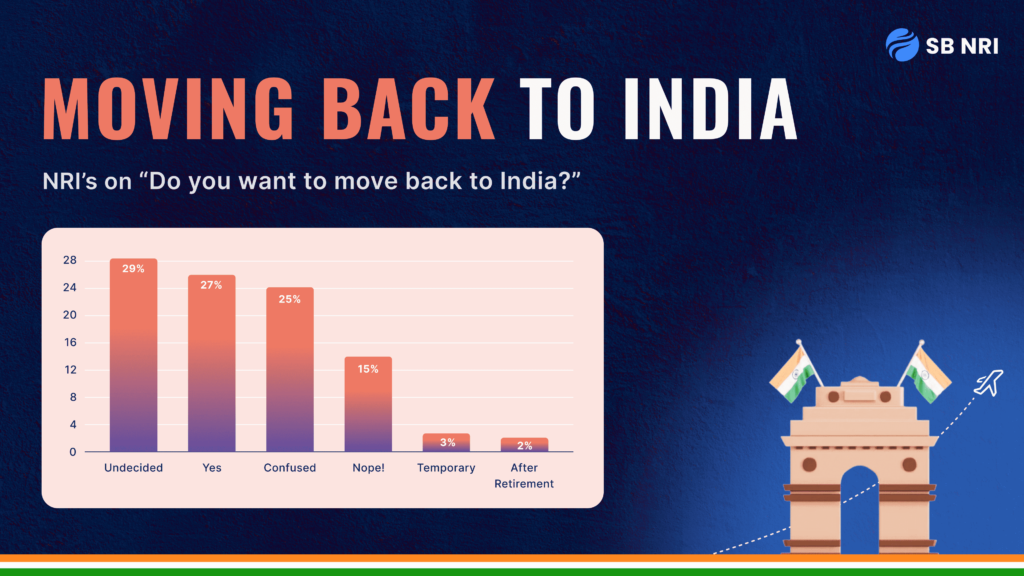
Financial freedom has different meanings for different people. For some individuals, it may be having enough passive income to cover all expenses without needing to work. For others, it might be having the flexibility to pursue a career they love, start their own business, or travel the world without worrying about running out of money. However, one thing that sits common across the multitude of definitions and interpretations is that financial freedom is about having the financial means to live life on your terms, without being tied up by financial worries or limitations.
What is Financial Freedom?
Financial freedom is about having enough excess income or money you can earn without actively working, to cover your everyday expenses. It’s not about having a lot of money, but ensuring you have substantial money to live comfortably and pursue your interests without being tied to a job solely for financial security. This freedom to choose how you spend your time and energy comes from careful financial planning and smart decision-making, allowing you to prioritize what truly matters to you. For investors, including residents, Non-Resident Indians (NRIs), and Overseas Citizens of India (OCIs), creating long-term wealth is important to realize future goals, be financially free, and safeguard yourself against inflation.
Also read: 10 Mutual Funds That Doubled Wealth In 5 Years

5 Ways How Can You Achieve Financial Freedom
1. Build Funds for Uncertain Situations
Unexpected costs can disrupt your path to financial freedom, so it’s important to be prepared. Here’s what you can do,
- Build an Emergency Fund: This fund is designed to cover unexpected or urgent expenses. For example, if you’ve already budgeted for a month and saved some money, it’s wise to set aside three to six months’ worth of income as an emergency fund. This way, you won’t have to use your investments in case of an emergency.
- Health insurance: High healthcare expenses without insurance can affect your path to financial freedom. A single medical emergency could set you back by years. To protect your investments from being drained by medical bills, you need to have health insurance.
Also read: How understanding the Rule of 8-4-3 can turn your Rs 30,000 monthly into Rs 1.5 cr?
2. Set Financial Goals
In your financial journey, it is very important to plan your short and long-term financial goals. To set these goals you can ask yourself these 3 questions:
- What do you want to do?
- How much money do you need in your bank account to make it a reality
- By what age do you want to achieve it?
Answers to these will help you make a plan of how much money you need and save regularly to reach the end goal. If you are aiming to retire early, travel the world, buy a car, start your own business, or even secure your family’s future. Your end goal plan will keep you focused.
Also read: Want to Build Funds for Retirement in India as NRI/OCI? Read This
3. Make a Monthly Budget
Following a monthly budget and sticking to it is the best possible way to make sure that all your expenses are met, bills are paid and savings are on track. It’s like a daily habit that strengthens your goals and helps you resist the urge to overspend. Having a monthly budget has various benefits like:
- Managing your spending habits and keeping track of your budget.
- It provides a clear picture of your monthly budget helping you become more aware of your monthly expenses.
- With a budget, you can prioritize your spending making sure that you use your funds to your most important needs and goals.
- Knowing where your money is going and planning for the future can reduce financial stress and uncertainty.
Also read: What Is the 50/30/20 Rule and How to Use It?
4. Pay off your Debts
Paying off debts is very important in more than one way as it,
- Provides you with more cash flow in the future.
- Makes your credit score strong.
- Reduces stress as paying off your debts takes off the burden.
You can pay off your debt by mainly two methods:
- Snowball method: Here you pay off small debts or loans first. Here you start from taking small steps first and then move on to bigger ones.
- Avalanche approach: Here you pay off loans or debts with higher interest rates first and then move on to the lower ones.
Both of these methods are important as your end goal is to get rid of the debt. You need to choose what methods work best for you. To achieve financial freedom you need to get rid of the debts.
5. Start Investing
Investing is a very important step to building a better future as it puts your money in a space where it grows by investing in mutual funds via lumpsum or SIP, Real Estate, Micro-VC funds, NPS, and more. If your financial planning did not include investing in various forms like SIP, now is the time to consider it. Investing in SIP can help you achieve your financial goals faster and expand your financial resources for the future.
Additionally, if you are already investing in SIP, consider increasing your investment amount with your salary hike. For example, If Amit was previously investing ₹10000 per month with a salary of ₹60,000, now he can consider increasing his SIP investment to ₹15,000 or more per month with ₹80000 salary each month. This is extremely important to plan and prioritize as your future outcomes depend on this investment.
Also read: How to Make 1 Crore in 10 Years by SIP?
Wrapping Up
Financial freedom makes your life easier and to achieve it you need proper financial planning and time to evaluate the growth. From knowing what your financial goal is to how important saving is to build financial security, You need to follow it to have a comfortable and easy financial life.
Also read: What is the 15x15x15 Rule In Mutual Funds for NRIs?
Looking to Invest your Savings in Indian Markets as NRI/OCI?
NRIs/OCIs can now download the SBNRI App and choose to invest in different NRI mutual fund schemes in India with ease. You can also get detailed investment advice from experts at SBNRI. Also, visit our blog and YouTube channel for more details.
SBNRI is an authorized Mutual Fund Distributor platform & registered with the Association of Mutual Funds in India (AMFI). ARN No. 246671. NRIs willing to invest in mutual funds in India can download the SBNRI App to choose from 2,000+ mutual fund schemes or can connect with the SBNRI wealth team to better understand Mutual Fund investments.
FAQs
What is financial freedom?
- Financial freedom is about having enough money without actively working, to cover your everyday expenses. It’s not about having a lot of money, but ensuring you have a good amount of money to live comfortably and pursue your interests without being tied to a job solely for financial security. This freedom to choose how you spend your time and energy comes from careful financial planning and smart decision-making, allowing you to prioritize what truly matters to you.
How can I get financially free at 30?
- To be financially free at 30 you need to:
- Cut unnecessary expenses
- Negotiate bills
- Save more
- Invest more
- By minimizing debt and managing your expenses better you achieve your financial goals.
How can I secure my future?
- To secure yourself financially you should:
- Track your spending.
- Pay-off debts on time.
- Maintain your credit score.
- Save more.
- Follow your monthly budget.
What are the 5 steps to financial freedom?
- Here are 5 steps to put you on the path to financial freedom.
- Spend less than you earn
- Pay off your debt
- Invest to grow your wealth
- Start budgeting
- Stay consistent.
What are the 5 steps to be more financially free?
- To be financially independent you can take care of several things:
- Build emergency funds for uncertain situations.
- Make a financial plan and goal
- Make and follow a monthly budget
- Pay-off debts
- Start saving now



